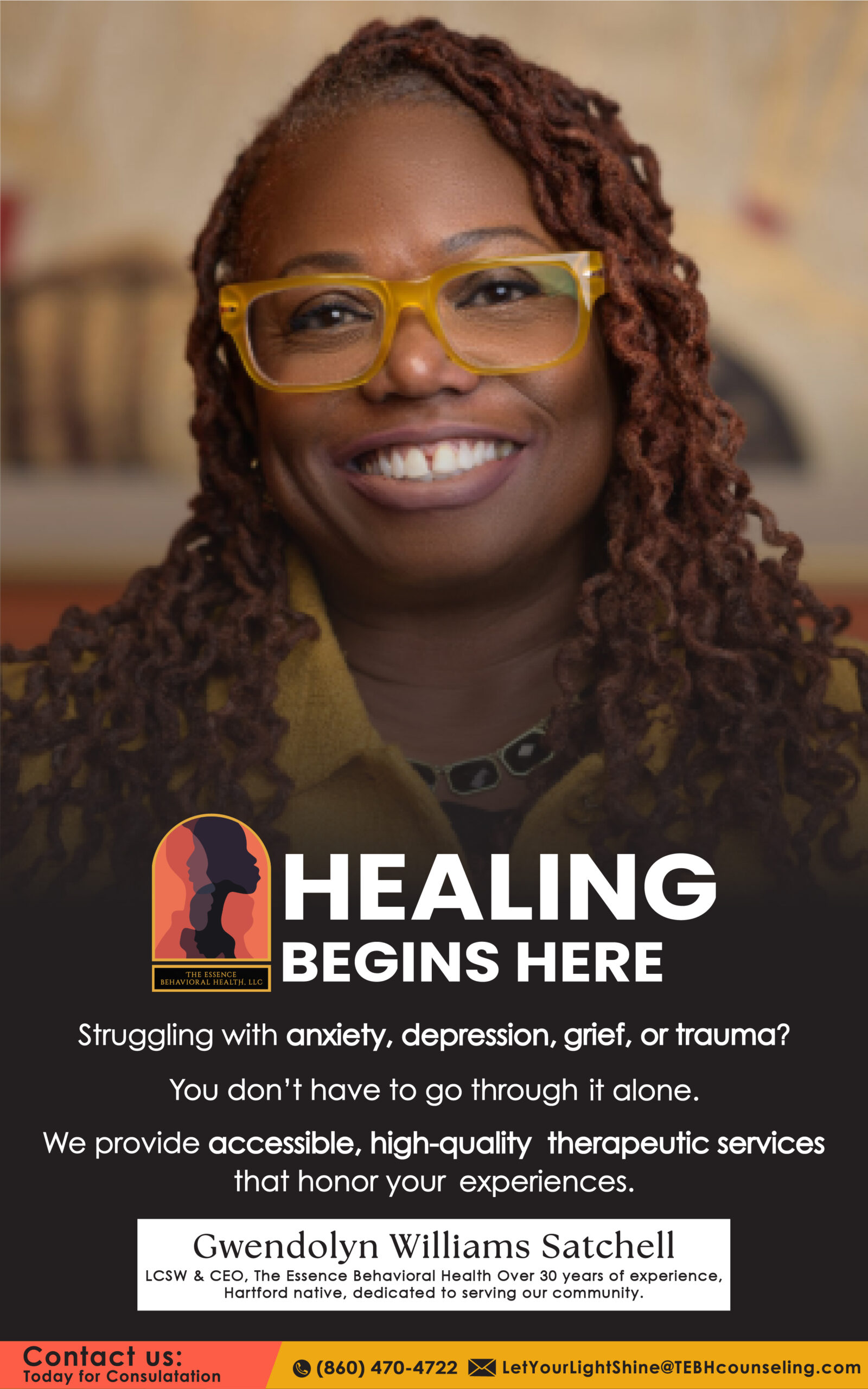By Rev. Dorothy S. Boulware
Ryan Coogler’s hit film features Hoodoo as well as the Black church. Is it a celebration of ancestral roots or a rejection of faith?
The horror-drama film “Sinners” has become a blockbuster hit, earning over $123 million domestically — and generating plenty of headlines. Its box office take, the vision of director Ryan Coogler, and the talent of actor Michael B. Jordan and the rest of the cast are all in the news. But the real tea seems to be the debate over whether the story is demonic, or a deeper exploration faith, race, and survival in the Jim Crow South.
Without giving too much away, the film takes place in 1930s Mississippi, and follows twin brothers who open a juke joint. But some viewers accuse “Sinners” of promoting “anti-Christian propaganda,” while others argue it respectfully portrays African spiritual traditions like Hoodoo. The debate has spilled onto social media, with fans and critics offering different interpretations.
Is “Sinners” Demonic?
The film’s tagline is, “You keep dancing with the devil…one day, he’s gonna follow you home.” Varied quotes from the film could also lean on the demonic side. In one scene, Michael B. Jordan’s character Smoke says, “I’ve been all over this world. I’ve seen men die in ways I didn’t even know was possible. But of all the things I’ve seen, I ain’t ever seen no demons, no ghosts, no magic…’til now.”
However, Smoke also says, “I don’t believe in magic, ghosts, demons. Just power.”
“It certainly talks about evil very graphically,” Journalist and filmmaker Sean Yoes, says. “Is it demonic? I don’t think that’s Coogler’s intention, but I’ve been wrong before. It’s an extraordinary film in the purest sense of the word.”
Yoes says he definitely wants to see it again because there’s a lot to unpack.
Hoodoo in “Sinners”
In her review in The Tennessean, Gabrielle Chenault addressed what some considered demonic elements in the film, notably the inclusion of Hoodoo.
“Hoodoo, the closed ancestral practice which was brought by enslaved populations to the South, often gets a bad rep,” Chenault wrote. “Many refer to it as ‘demonic’ or ‘devil’s magic.’ What I greatly appreciated about this film was that it showed Hoodoo for exactly what it is, a religious practice that helps those connect with their ancestral lineage.”
Chenault explained Hoodoo is a mystery to many, because it had to be. “Although many attempted to destroy it, somehow, it persevered,” she wrote.
Is “Sinners Anti-Christian?”
One of the most prominent early criticisms of the film on social media came from the rapper Lecrae On May 19, he posted on Threads that the film had some “anti Christian propaganda” and speculated that Coogler might be working through some “church hurt?”
“In this movie, Christianity is either irrelevant or oppressive, and power is found in African spiritual practices. Hoodoo, not the Holy Spirit, is the weapon of choice,” he wrote.
But many fans of the film disagree.
Writer and film critic Chris Williams wrote that he doesn’t think “Sinners” is anti-Christian propaganda, “nor do I believe that Ryan Coogler set out to make a movie that tears down faith.
Williams explained that he does think “Sinners” explores “tensions in regard to Christianity’s history in America, particularly on issues of race and power. It made me feel uncomfortable; that’s the point.”
”It’s no more demonic than a podcast or a news network show. It’s a time piece. It’s a vampire movie. It has a musical element. It’s so many things,” Pennsylvania-based digital creator Brian Tru says.
It’s a Movie
Indeed, most people called “Sinners” excellent and said they’d seen it more than once and would definitely see it again.
Baltimore resident Wanda Watts says “Sinners” is “definitely not demonic. It tells the history of Black music from Africa to America.”
Kenda Bell, also of Baltimore, says that, “if nothing else, [“Sinners”] affirms our connection to God.”
Baltimorean Catalina Byrd criticized the backlash. “Sinners” is “only demonic to evangelicals that place anything in that box if it doesn’t fit in the one they’ve built to absolve themselves of their own sins by reducing anything they don’t understand to the devil,” she says.
Byrd went on to note that “some folks only know how to feel closer to God by judging everyone that doesn’t walk the path they leaned into.”
And as Tricia Hersey, founder of the Nap Ministry pointed out on Threads, folks criticizing “Sinners” need to focus. They’re “calling everything demonic BUT white supremacy and capitalism,” which are “the two main demonic things killing us and robbing us,” she wrote.
But perhaps Michael Eugene Johnson had the simplest take: “No. It’s not demonic. It’s a movie. Saw it. I’m convinced it’s a movie.”
This editorial was originally published in Word In Black.





